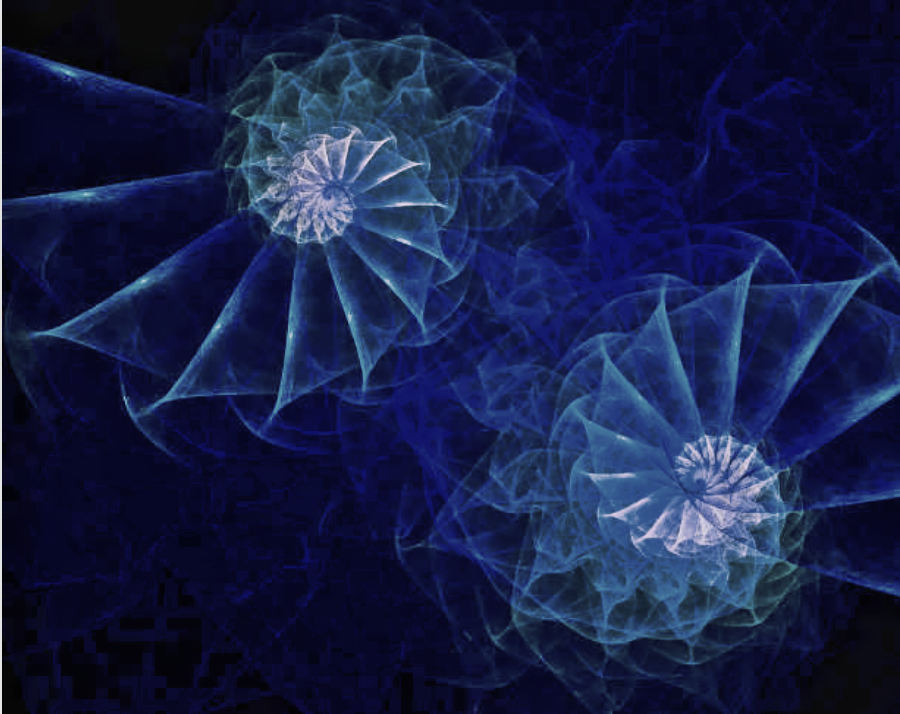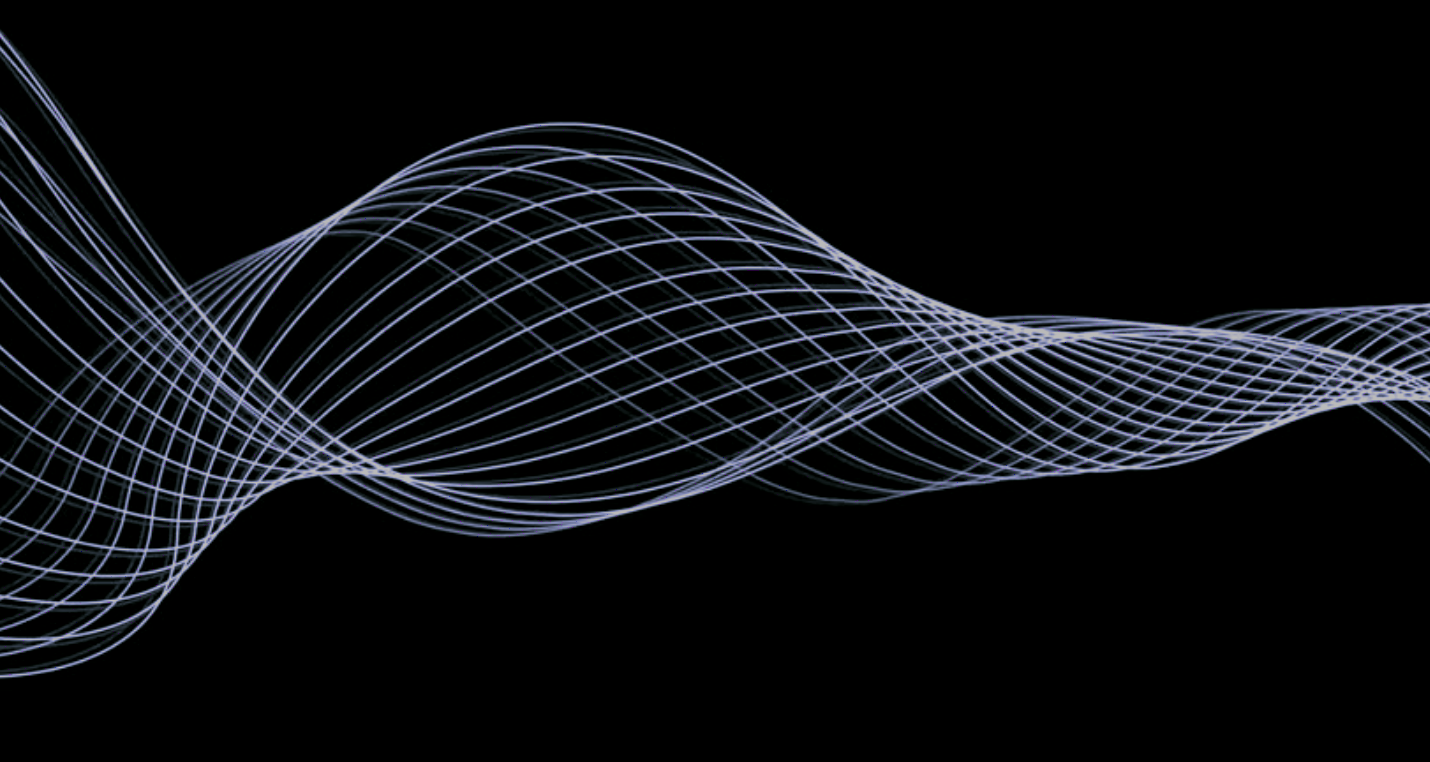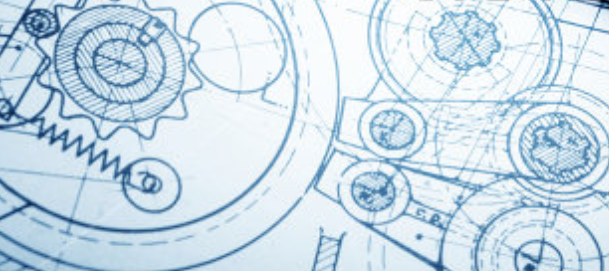TEACHING
Waves, optics and thermodynamics (PHYS 211)
The course covers a broad study of a number of subjects, i.e.,  (i) mechanical waves, including sound waves, (ii) classical optics, including geometrical optics, interference, and diffraction, (iii) thermodynamics, including temperature and heat, first and second laws of thermodynamics, and (iv) introductory fluid dynamics. A special emphasis will be on the understanding basic wave concepts, their relation to one another, and gain familiarity with important examples of wave behaviour, leading to a well-rounded appreciation for the wide applicability and generality of relevant concepts.
(i) mechanical waves, including sound waves, (ii) classical optics, including geometrical optics, interference, and diffraction, (iii) thermodynamics, including temperature and heat, first and second laws of thermodynamics, and (iv) introductory fluid dynamics. A special emphasis will be on the understanding basic wave concepts, their relation to one another, and gain familiarity with important examples of wave behaviour, leading to a well-rounded appreciation for the wide applicability and generality of relevant concepts.
Each student with his/her partner works on a unique project for the course, which results in a diverse and exciting set of experiments, that are showcased in a public event, so-called Demo Day event, culminating in a “champion” at the end of the annual competition.
Self-organized and self-assembled systems from nanoscience to biotechnology (Phys 522)
This is a new course we introduced, which broadly covers the subjects o f self-assembly and self-organization. We cover self-assembly/self-organization of dissipative and static systems, broadly cover dynamics of nonlinear systems, and far-from-equilibrium thermodynamics. Recent developments and state-of-the-art examples ranging from nanoscience to computer science, to economy, and to biotechnology are reviewed. Each student works with his/her partner, performs numerical simulations to study the dynamics of self-organized systems, followed by a detailed presentation in class.
f self-assembly and self-organization. We cover self-assembly/self-organization of dissipative and static systems, broadly cover dynamics of nonlinear systems, and far-from-equilibrium thermodynamics. Recent developments and state-of-the-art examples ranging from nanoscience to computer science, to economy, and to biotechnology are reviewed. Each student works with his/her partner, performs numerical simulations to study the dynamics of self-organized systems, followed by a detailed presentation in class.
Modern physics (PHYS 212)
 This course is a survey of modern physics, including topics such as relativity, electromagnetic radiation behaving as particles and matter behaving waves, introduction to quantum mechanics, atomic and condensed matter physics, nuclear and particle physics and cosmology.
This course is a survey of modern physics, including topics such as relativity, electromagnetic radiation behaving as particles and matter behaving waves, introduction to quantum mechanics, atomic and condensed matter physics, nuclear and particle physics and cosmology.
Each student with his/her partner works on a unique project for the course, which results in a diverse and exciting set of experiments, that are showcased in a public event, so-called Demo Day event, culminating in a “champion” at the end of the annual competition.
Experimental methods of physics (PHYS 374)
Laboratory safety, principles of experimentation, statistical analysis  of data such as error calculation, propagation of error, least squares fitting, instrumentation techniques such as vacuum physics and technology, temperature measurements, and selected experiments in modern physics such as Franck-Hertz experiment, x-ray diffraction, electron diffraction, superconductivity, electron spin resonance, gamma absorption.
of data such as error calculation, propagation of error, least squares fitting, instrumentation techniques such as vacuum physics and technology, temperature measurements, and selected experiments in modern physics such as Franck-Hertz experiment, x-ray diffraction, electron diffraction, superconductivity, electron spin resonance, gamma absorption.